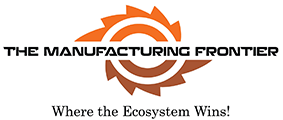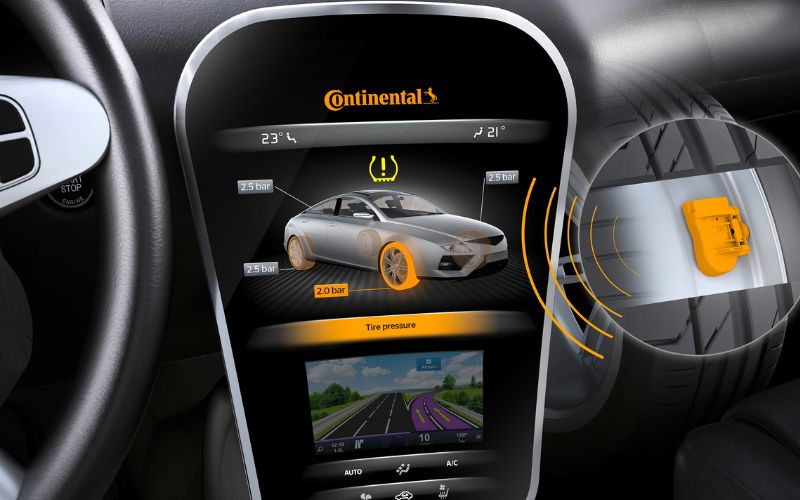“Keeping in mind the growing demand and the evolving market needs, Continental has expanded the existing TPMS line. This validates Continental’s perseverance to meeting the rising demands for advanced, and affordable safety technologies. The launch of this second-generation TPMS will contribute to cleaner mobility and further advance vehicle safety by ensuring optimal tire pressure.” Ramnath Sivaraman, Head of Motion Technologies and Services, within Business Area Safety and Motion, Continental Automotive India
Continental has expanded the production of its Tyre Pressure Monitoring System (TPMS) for passenger cars at its Bangalore plant and inaugurated the same. This expansion comes as a response to the increasing market demand in India and targets to significantly enhance the production capacity.
Launching with a capacity of 3.3 million wheel units per year, the new TPMS line is an expansion of the existing one, with further growth plans for the line in the near future. Advancing Continental’s smart manufacturing initiatives, this state-of-the-art TPMS line features fully automated processes with nominal manual intervention. With this expanded line, Continental stays committed to supporting local OEMs while also targeting export markets, primarily Korea.
Ramnath Sivaraman, Head of Motion Technologies and Services, within Business Area Safety and Motion, Continental Automotive India stated, “Keeping in mind the growing demand and the evolving market needs, Continental has expanded the existing TPMS line. This validates Continental’s perseverance to meeting the rising demands for advanced, and affordable safety technologies. The launch of this second-generation TPMS will contribute to cleaner mobility and further advance vehicle safety by ensuring optimal tyre pressure.”
The second generation of TPMS is much more accurate for measuring tyre pressure, temperature, and motion from inside the tyre. It transmits this information via radio frequency and the vehicle communication network to display it in the instrument cluster. Precise and timely information about tire conditions is vital to sustaining optimal air pressure, thereby ensuring vehicle safety and improving efficiency. The new TPMS line will initially begin by assembling the wheel units locally, and in the second phase the plan is to localize child parts.
Phanindra Karody, Head of Bangalore Plant, Continental Automotive India added, “Continental continues to focus on localization. The newly expanded TPMS line also features cutting-edge smart manufacturing processes, including collaborative robots (Cobots) and digital traceability systems. This expansion of the line emphasizes our commitment to scaling up production to meet both local and global demands. Over the ensuing three years, the plan is to further expand capacity of our TPMS line and double our production to back our growth. This will further support Continental’s efforts in making mobility even safer, eco-friendlier and more comfortable.”
Continental’s TPMS has substantial benefits including optimized tyre usage, enhanced driving safety, lower CO₂ emissions, reduced fuel consumption, and extended battery range for electric vehicles. TPMS’ advanced features like ‘problem tyre’ localization and user-friendly smartphone apps like the Filling Assistant and Tyre Data further enhance its usability and value for end consumers. It has a reliable lifespan of up to ten years and is a lightweight design, setting industry standards high.
Continental’s Bangalore plant, the company’s largest electronics manufacturing plant in India, exemplifies a smart factory. Technologies like Cobots, augmented reality, artificial intelligence, automated replenishment systems, automated optical inspection, automated guided vehicles, and big data applications ensure operational efficiency, precision, and transparency. These smart manufacturing processes adopted by Continental provide a strategic advantage both in rapid localization and also in faster product-to-market solutions. This further reinforces Continental’s commitment towards as well as its position as a leader in the automotive technology industry. Additionally, the plant is Green Plant Label Gold certified, aligning with Continental’s sustainability ambition.

